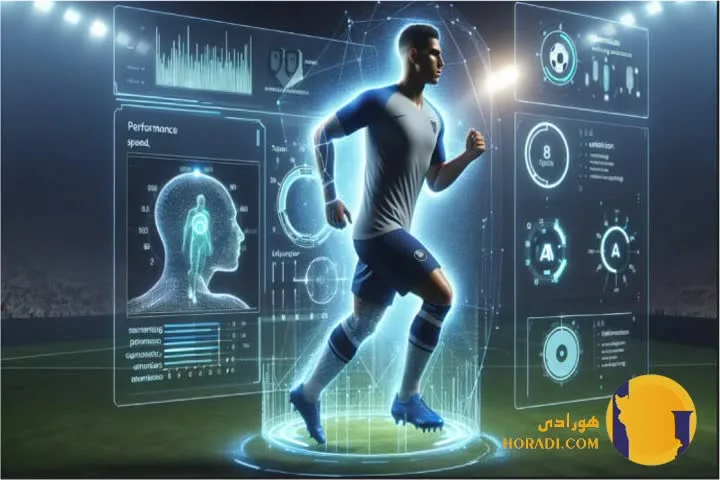
How AI is changing sport analysis
Artificial Intelligence (AI) has rapidly become a game-changer in the world of sports. Once considered a futuristic concept, AI is now a core tool for athletes, coaches, analysts, and even fans — helping optimize performance, predict outcomes, and enhance the viewing experience. In 2025, AI is not just assisting sports professionals; it’s actively redefining how the games are played, studied, and enjoyed worldwide.How AI is changing sport analysis
AI in Performance Analysis
One of AI’s most transformative roles is in performance tracking. Advanced systems powered by machine learning can analyze hours of footage in minutes, highlighting strengths, weaknesses, and trends in an athlete’s game.
Player Movement and Positioning
For example, football clubs across Europe — from Barcelona to Bayern Munich — now use AI-powered cameras to track every movement on the pitch. These systems can measure acceleration, decision-making speed, and positional discipline without the need for manual tagging.
Injury Prevention
AI also plays a vital role in predicting injuries. By analyzing data from wearable sensors, AI can detect patterns of fatigue or stress that may lead to muscle strains or ligament damage. Rugby teams in New Zealand and cricket franchises in India have already adopted these systems to keep their stars healthy for longer seasons.
AI in Tactics and Strategy
Gone are the days when tactical planning relied solely on a coach’s intuition. AI-driven analysis can break down opponents’ strategies with pinpoint accuracy.
Opponent Profiling
In sports like basketball and handball, AI tools compile detailed profiles of opposing players — from shooting tendencies to defensive habits — allowing coaches to tailor game plans in real time.
Simulated Scenarios
Using predictive modeling, AI can simulate thousands of match situations to find the most effective strategies. In tennis, for instance, AI has helped players determine the best serve placement against specific opponents based on historical data.
Enhancing Fan Engagement
AI isn’t just for professionals — it’s transforming the fan experience too.
Smarter Broadcasts
AI-driven camera systems can automatically follow the most exciting action, generate instant replays, and even provide real-time statistics for viewers. This technology has already improved coverage for niche sports like volleyball, fencing, and surfing.
Interactive Data for Fans
Apps powered by AI now allow fans to track live player stats, win probabilities, and tactical heat maps while watching the game. For esports audiences, AI can offer in-depth breakdowns of player performance as matches unfold.
AI in Refereeing and Fair Play
Controversial decisions can change the course of a game — and AI is helping make officiating more accurate and fair.
VAR and Beyond
Video Assistant Referee (VAR) technology in football has evolved to include AI-assisted offside detection, reducing the time spent on reviews. Similarly, in cricket, AI is refining ball-tracking for LBW decisions.
Automated Judging in Sports
In gymnastics and figure skating, AI-powered judging systems analyze body movements to score performances more consistently, reducing human bias.
The Rise of AI in Talent Scouting
AI is also reshaping how future stars are discovered.
Identifying Hidden Talent
Clubs in Africa, South America, and Asia are using AI to analyze youth tournament footage, identifying prospects based on physical metrics, skill patterns, and tactical awareness — even when scouts can’t attend in person.
Data-Driven Recruitment
Instead of relying purely on gut instinct, AI models evaluate thousands of players worldwide, suggesting signings that match a team’s style of play and budget.
Ethical Concerns and Challenges
While AI brings immense benefits, it also raises important questions.
- Data Privacy – Athletes’ biometric and personal performance data must be protected from misuse.
- Over-Reliance on Technology – Too much dependence on AI could reduce human intuition in sports decision-making.
- Bias in Algorithms – Poorly trained AI models might misinterpret data, especially for players from underrepresented backgrounds.
The Future AI as a Co-Coach
Looking ahead, AI is set to become a true “co-coach” — working alongside human managers to make split-second tactical decisions during matches. Imagine a basketball coach receiving live AI feedback suggesting substitutions based on fatigue levels, or a football manager getting instant analysis of an opponent’s formation switch.
By 2030, AI could be as essential to professional sports as fitness trainers and nutritionists are today.









































